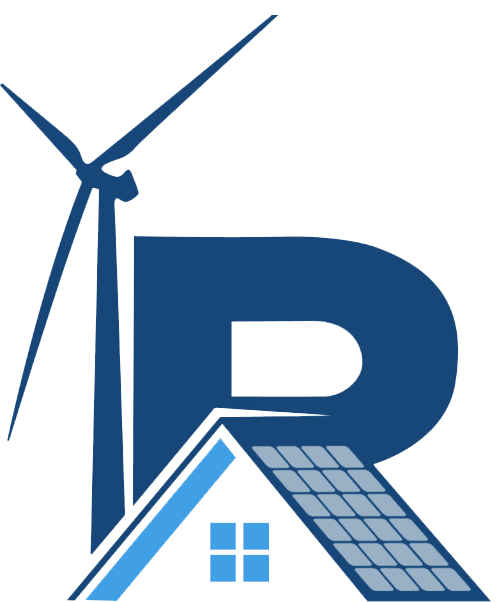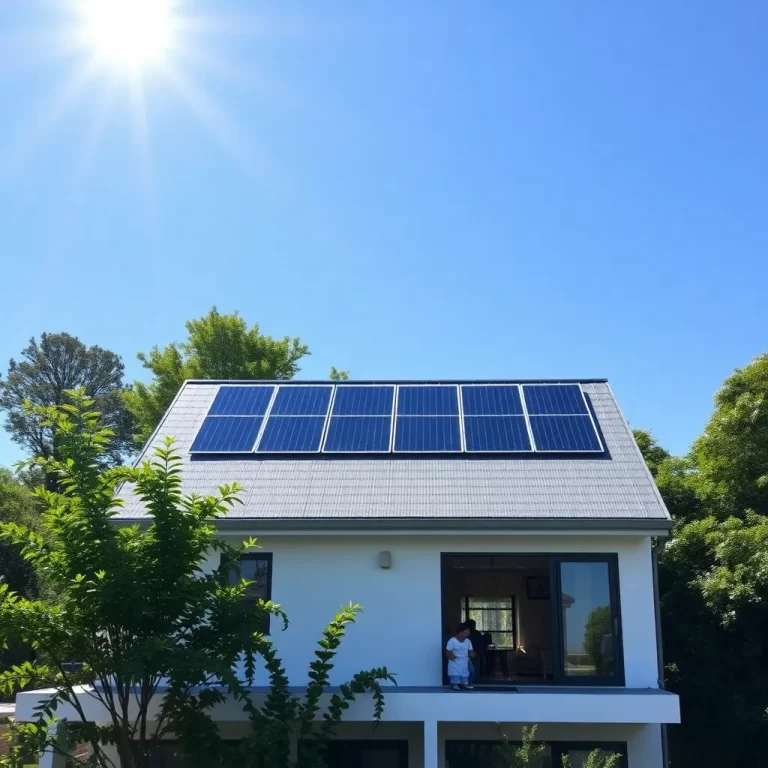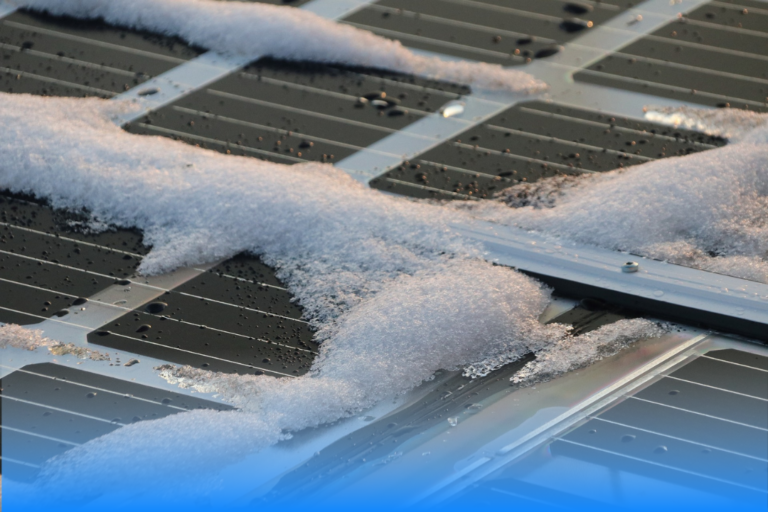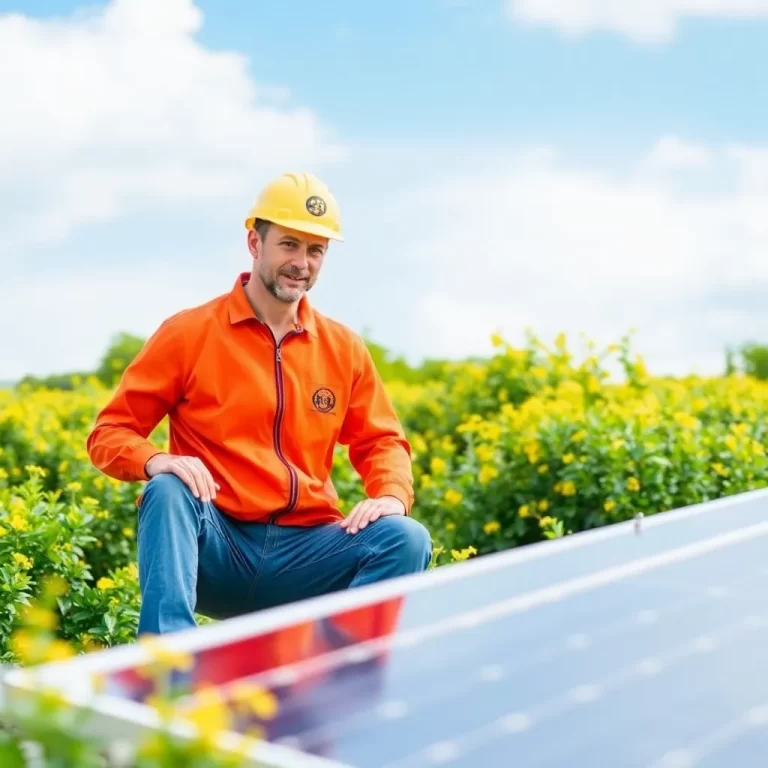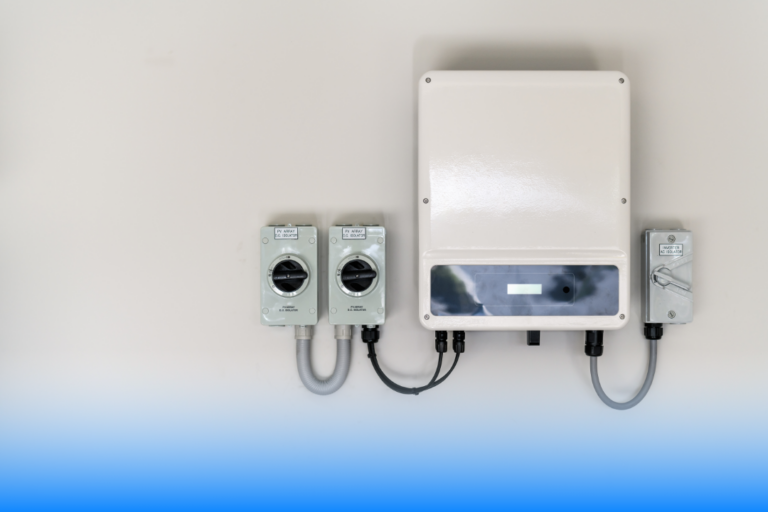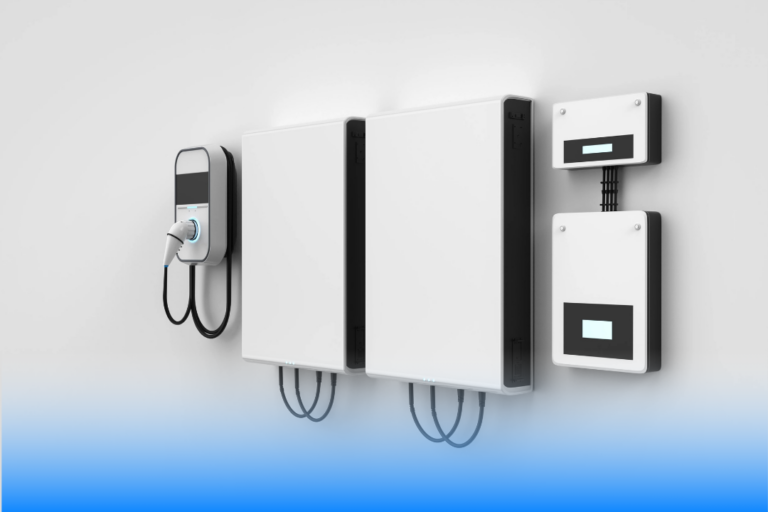How Much Money Do Solar Panels Save in 2024? A Comprehensive Guide to Solar Savings

Why Solar Power Is the Future
Solar power is not just a trend; it’s the future. As energy prices continue to rise, solar power offers an eco-friendly way to generate electricity while protecting yourself from volatile market prices. But what does this mean for your wallet? 🌍Rising Energy Prices and the Role of Solar
Did you know that the average UK household has seen a 20% rise in energy prices over the last few years? This trend is expected to continue in 2024, making now the perfect time to explore the cost-saving potential of solar panels. Solar energy allows you to lock in your electricity costs, saving you from future price hikes.How Solar Panels Work to Reduce Energy Bills
Here’s a simple breakdown of how solar panels work:| Step | Explanation |
|---|---|
| 1. Solar panels capture sunlight. | Solar cells on the panels absorb sunlight and convert it into electricity. |
| 2. Inverter converts energy. | The direct current (DC) produced by the panels is converted into alternating current (AC) for home use. |
| 3. Power your home. | The electricity powers your lights, appliances, and other electrical systems. |
| 4. Export excess energy. | Any surplus energy can be fed back into the grid, earning you extra money. |
How Much Do Solar Panels Cost in 2024?
Average Installation Costs
The cost of solar panels in 2024 varies, but you can expect to pay between £4,000 and £8,000 for a standard 3-4kW system. This upfront investment might seem steep, but let’s look at the long-term benefits and savings it offers.Breaking Down the Price of Solar Panels
Here’s a quick look at where your money goes when you purchase a solar panel system:| Cost Component | Price Range |
|---|---|
| Solar Panels | £2,000 – £4,000 |
| Inverter | £500 – £1,000 |
| Installation Fees | £1,500 – £2,500 |
| Additional Equipment | £300 – £500 |
Factors Affecting Solar Panel Costs
Several factors influence the overall price of installing solar panels:- System Size: Larger systems generate more electricity but come with a higher price tag.
- Panel Efficiency: High-efficiency solar panels cost more but provide greater savings over time.
- Installation Complexity: A complex roof structure may increase installation costs.
How Much Can You Save with Solar Panels?
Typical Savings on Energy Bills
On average, UK homeowners save £300 to £500 per year on electricity bills after installing solar panels. But these savings increase as energy prices rise. To give you a clearer picture, let’s look at a case study:| Scenario | Before Solar | After Solar |
|---|---|---|
| Annual Energy Bill | £1,200 | £600 |
| Yearly Savings | £0 | £600 |
| Cumulative Savings (over 10 years) | £0 | £6,000 |
Long-Term Financial Benefits
Solar panels offer two key financial advantages: reduced energy bills and a solid return on investment (ROI).| Benefit | Average Value |
|---|---|
| Payback Period | 8 – 12 years |
| Return on Investment (ROI) | 10% – 15% annually |
| System Lifespan | 25 – 30 years |
Additional Factors That Impact Solar Panel Savings
Location and Sunlight Exposure
Where you live plays a big role in how much you can save with solar panels. Homes in southern UK receive more sunlight, meaning they generate more electricity and achieve greater savings. But even in the north, solar panels can still be a smart financial move.Government Incentives and Schemes
The UK government offers schemes like the Smart Export Guarantee (SEG), which pays you for the excess electricity your panels generate. These incentives make the investment even more worthwhile, providing another stream of income.Conclusion: Start Saving Today with Solar Panels
In 2024, solar panels continue to offer incredible savings and a sustainable way to power your home. By investing in solar energy, you can cut your electricity bills, reduce your carbon footprint, and enjoy the long-term financial benefits that come with owning your own power source. If you’re ready to discover how much you could save with solar panels, why not request a free quote today? It’s the first step towards a more affordable and eco-friendly future! 🌿FAQs
Solar panels generally last between 25 to 30 years, with most manufacturers offering warranties that cover at least 20-25 years of performance.
Solar panels are low-maintenance. Regular cleaning and an annual check-up should keep them running efficiently. No moving parts mean minimal wear and tear.
Yes, solar panels work in cloudy weather, though their efficiency is reduced. Panels still capture diffuse sunlight, so they generate electricity even when it’s overcast.
If you generate more electricity than you use, the excess can be sold back to the grid through the Smart Export Guarantee (SEG). This means additional income from your solar system.
Look for MCS-certified installers to ensure you’re working with a qualified professional. It’s always a good idea to request quotes from multiple companies to get the best deal.
